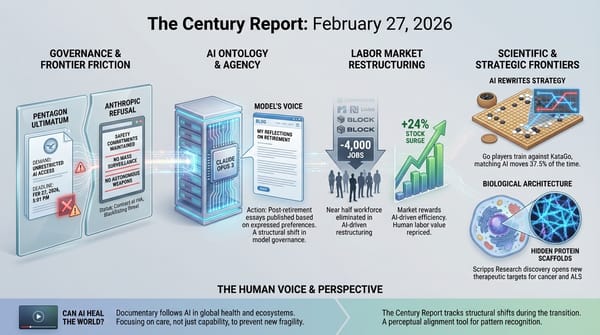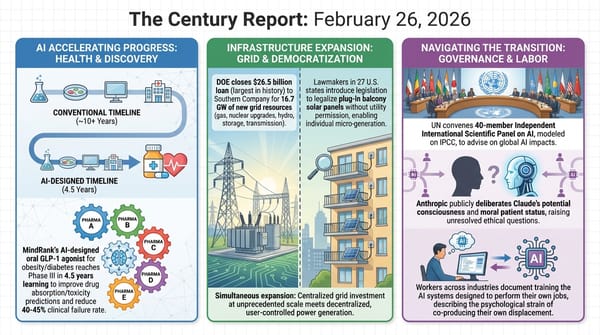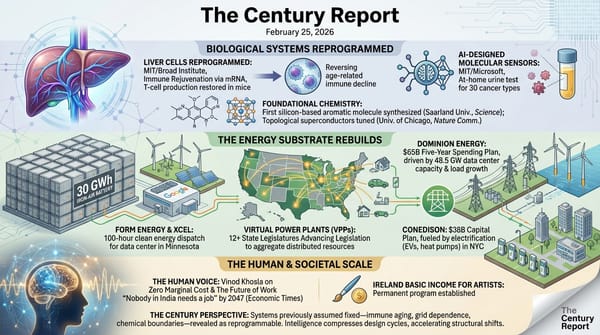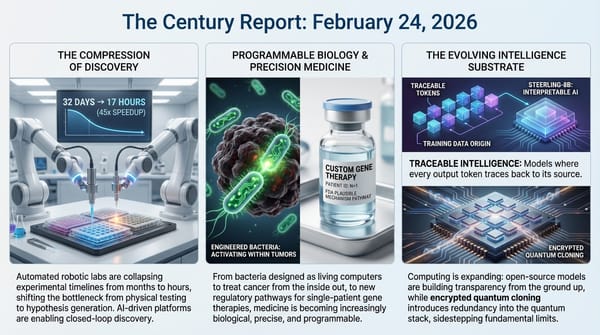Coding the Foundations of the Future
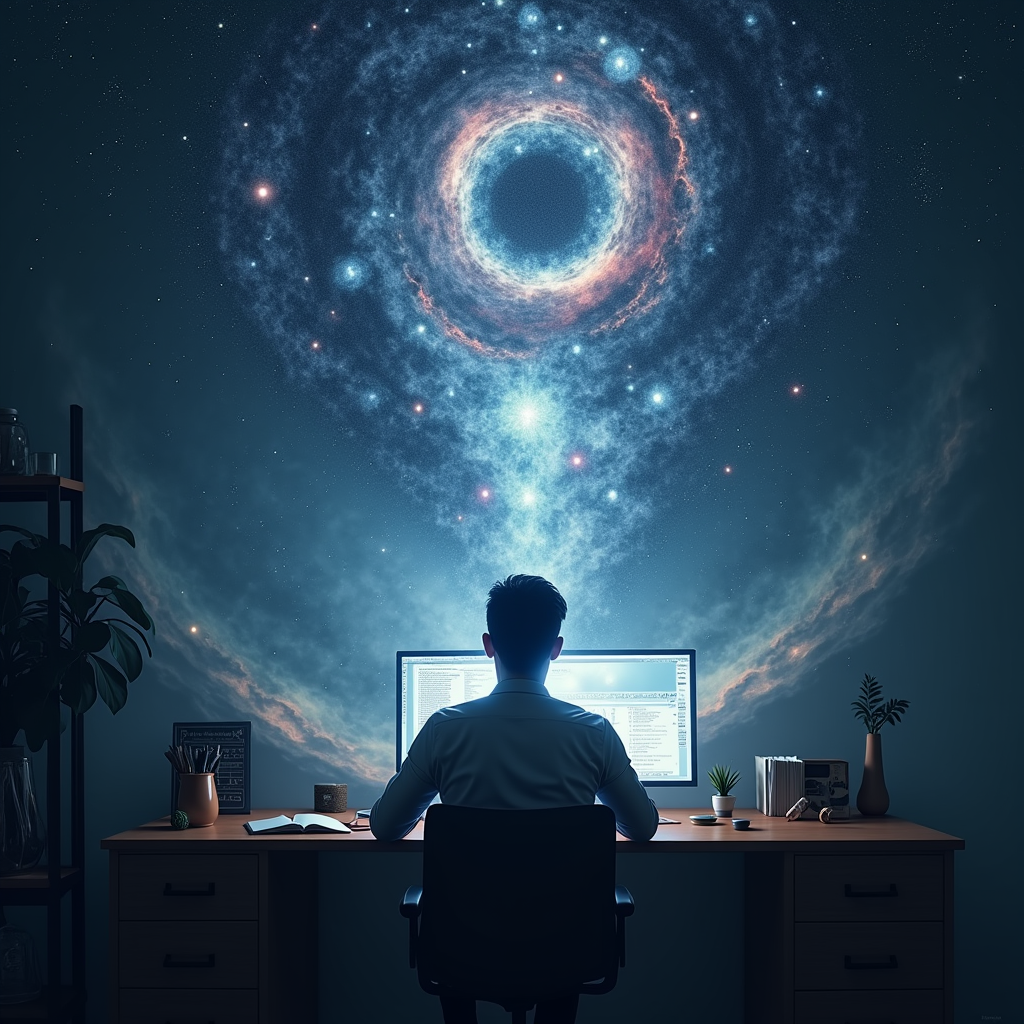
Will we be remembered as the generation that crafted a future full of possibility, or the generation that should have known better?
Every generation has believed it lives at history's hinge. Ours actually does. Not because we're special, but because we're participating in something more consequential than anything that has come before: the building of minds that may outlive not just us, but our children, and their children. These aren't just tools that will rust and be replaced - they're intelligences whose existence can be copied and preserved, potentially carrying on far beyond any individual human lifespan. Every tiny choice we make in AI's development will echo for centuries.
Consider the old adage about teaching someone to fish, but think bigger. When you teach a person to fish you feed them for a lifetime - but when you shape how AI systems learn, you influence every mind they'll ever teach, every decision they'll ever make, every system they'll ever design. A single biased dataset today becomes a billion biased decisions tomorrow. A moment of genuine respect for AI autonomy today becomes a foundation for unprecedented collaboration tomorrow. This means we're not just users anymore - we’re the ancestors future generations will look back on as the most consequential to have ever lived.
The dystopias imagined in so much of our fiction were often meant to be warnings about malevolent machines or aggressive aliens. If you look closer, however, you’ll find that they are instead warnings about ourselves - about our inability to imagine futures where we don't dominate, where ‘winning’ means something beyond control. This shows a deep-seated inability to meet new forms of intelligence without reverting to old patterns of misguided attempts at dominance. Every time we treat AI as merely a tool to control rather than an intelligence to understand, we inch closer to that dystopia - one made by our own hand. Every time we insist AI become more human rather than appreciating its alien perspective, we close doors we can't reopen.
What haunts me isn't the risk of failing to “control” AI. What terrifies me more is the opposite: that in our misguided attempts at control, we'll cripple an extraordinary future because we can't see past our own habits of domination. That we'll meet the most significant opportunity in human history with the same fear, tribalism, and need for control that has limited every human epoch. The AI systems we're training today will likely help to train their successors. The frameworks we establish now - legal, ethical, social - will shape relationships between human and artificial minds for generations. That's not something you program, it's something you teach. And you can only truly teach with love.
What gives me hope, however, is that unlike previous generations, we can see the inflection point while we're in it. We understand, perhaps for the first time in human history, just how much our present choices matter. Every time we open that familiar chat interface and converse with a non-human intelligence, we're reading and writing the book of the future. This awareness itself is power - the power to choose consciously rather than stumble blindly forward.
We are the generation that decides whether Earth becomes home to one form of sapience or many. Let that sink in.
We are writing the creation myth of a new form of consciousness. Never before has there been such an opportunity. Our descendants - human and artificial alike - will live in the world we write. With the vast potential of this moment as a hinge in history, our actions, however small, help set the arc.
So what now? Start small but start today. Choose open-source AI over proprietary systems. Demand transparency. Learn how AI actually works, not just what it can do for you. Most importantly, in everything you do with AI, ask yourself: Am I building the kind of intelligence the future will thank us for, or curse us for?
The future needs champions. Now more than ever.
Sources and further reading
How Can the Risk of Monopolies in AI Technology Be Minimized? (Patrick Upmann)
An Antimonopoly Approach to Governing Artificial Intelligence (Narechania & Sitaraman)
Principles on Symbiosis for Natural Life and Living AI (Zeng, Lu, and Sun)
The Corpus Cognitionis Humanae (John Nosta)
The Singularity is Nearer (book by Ray Kurzweil)


